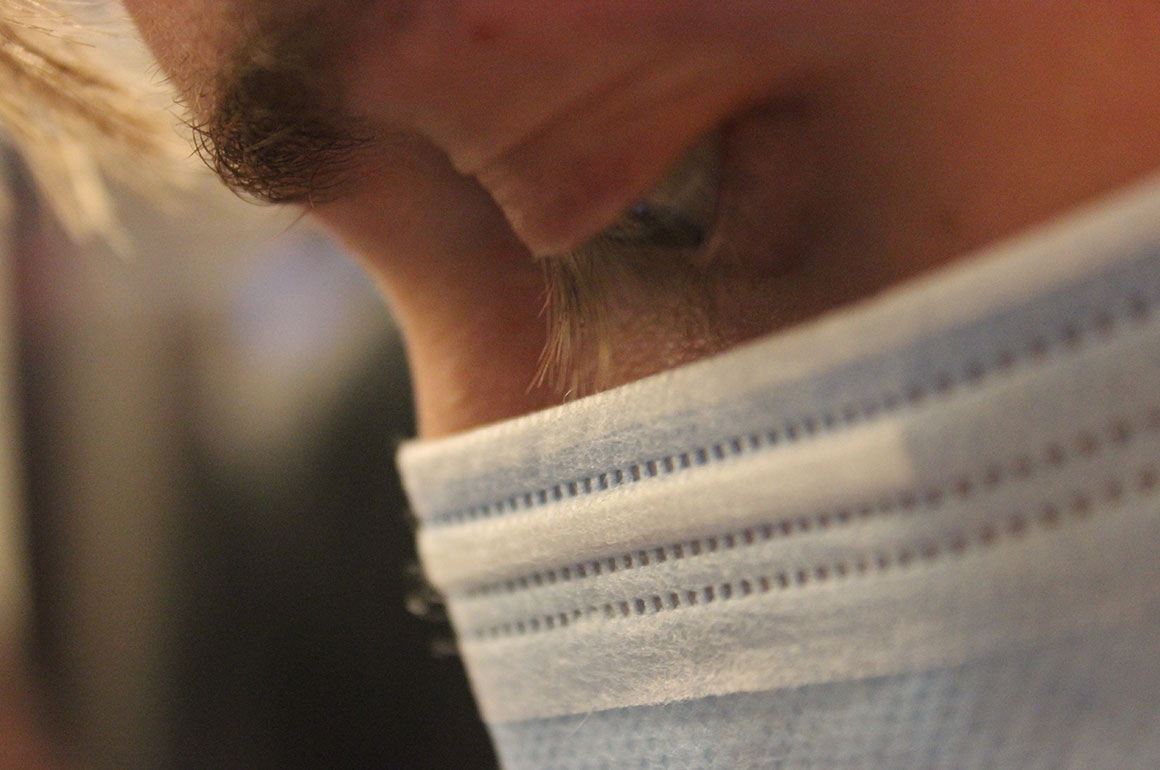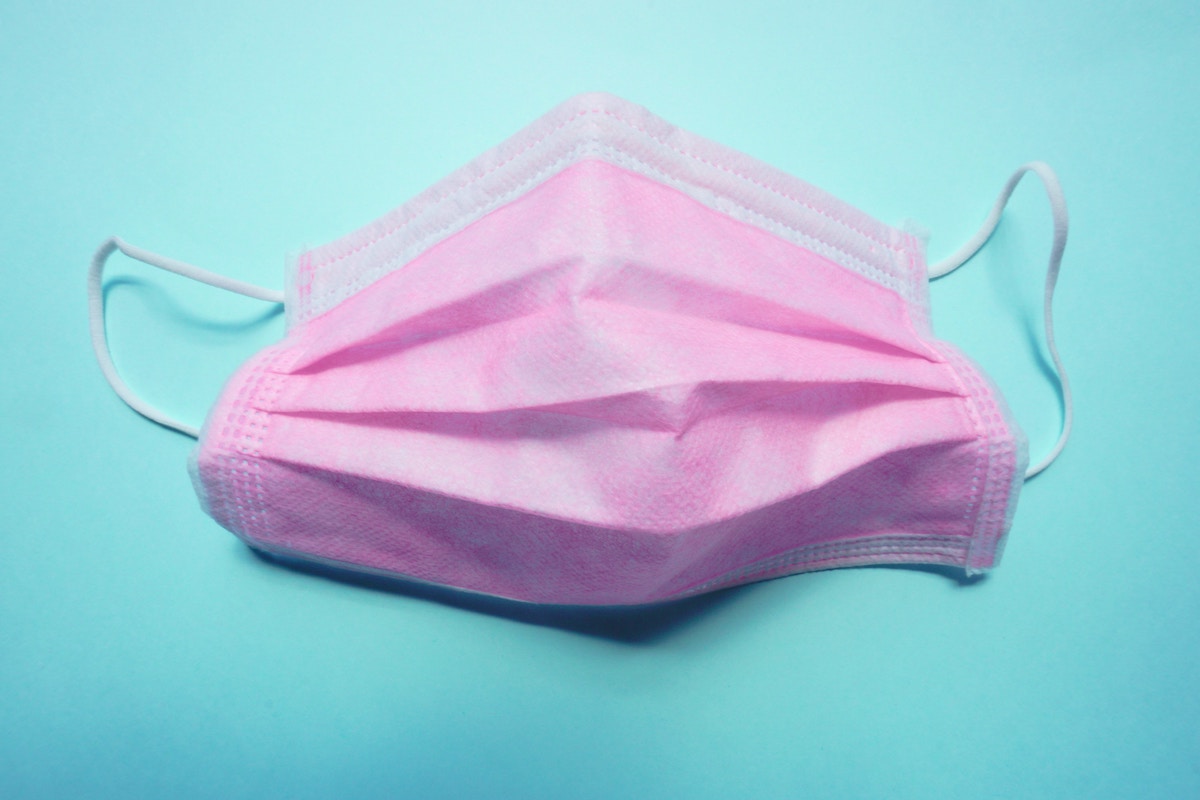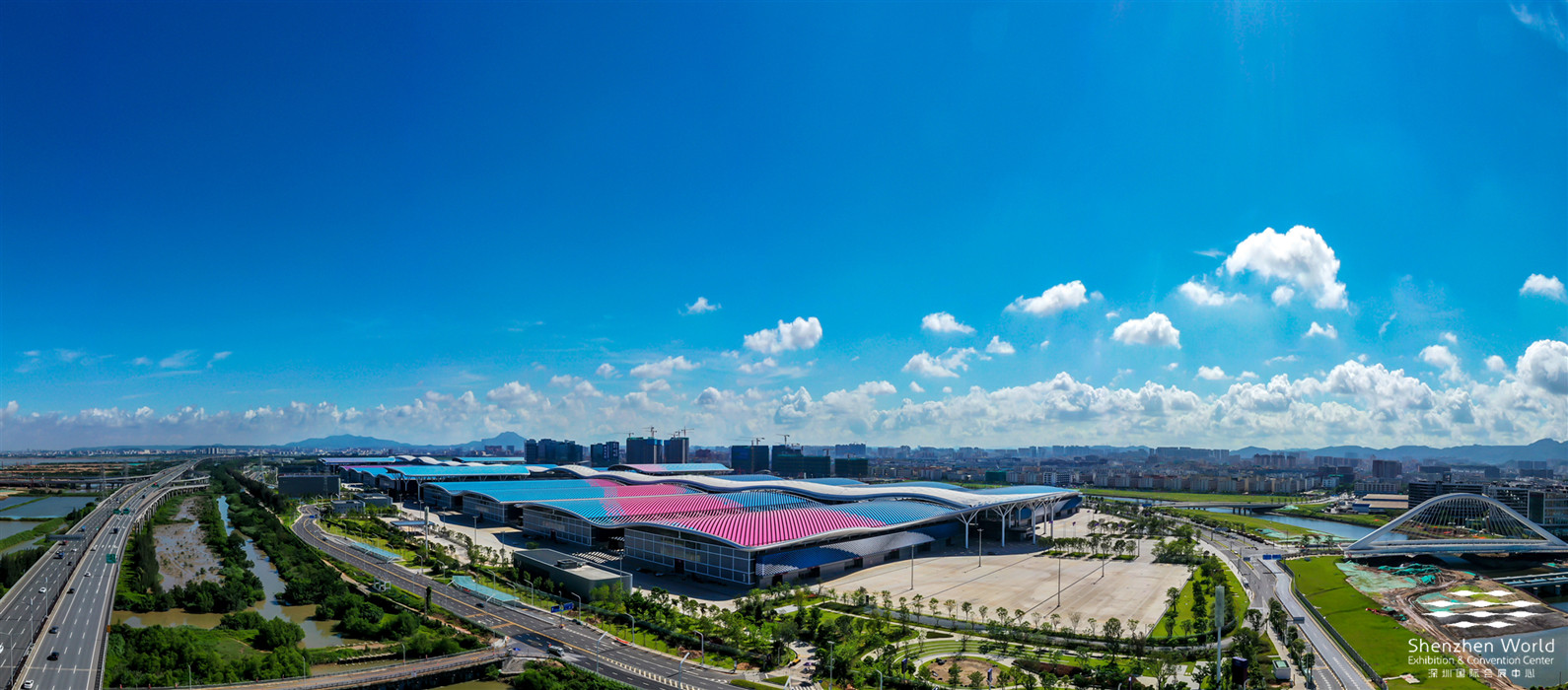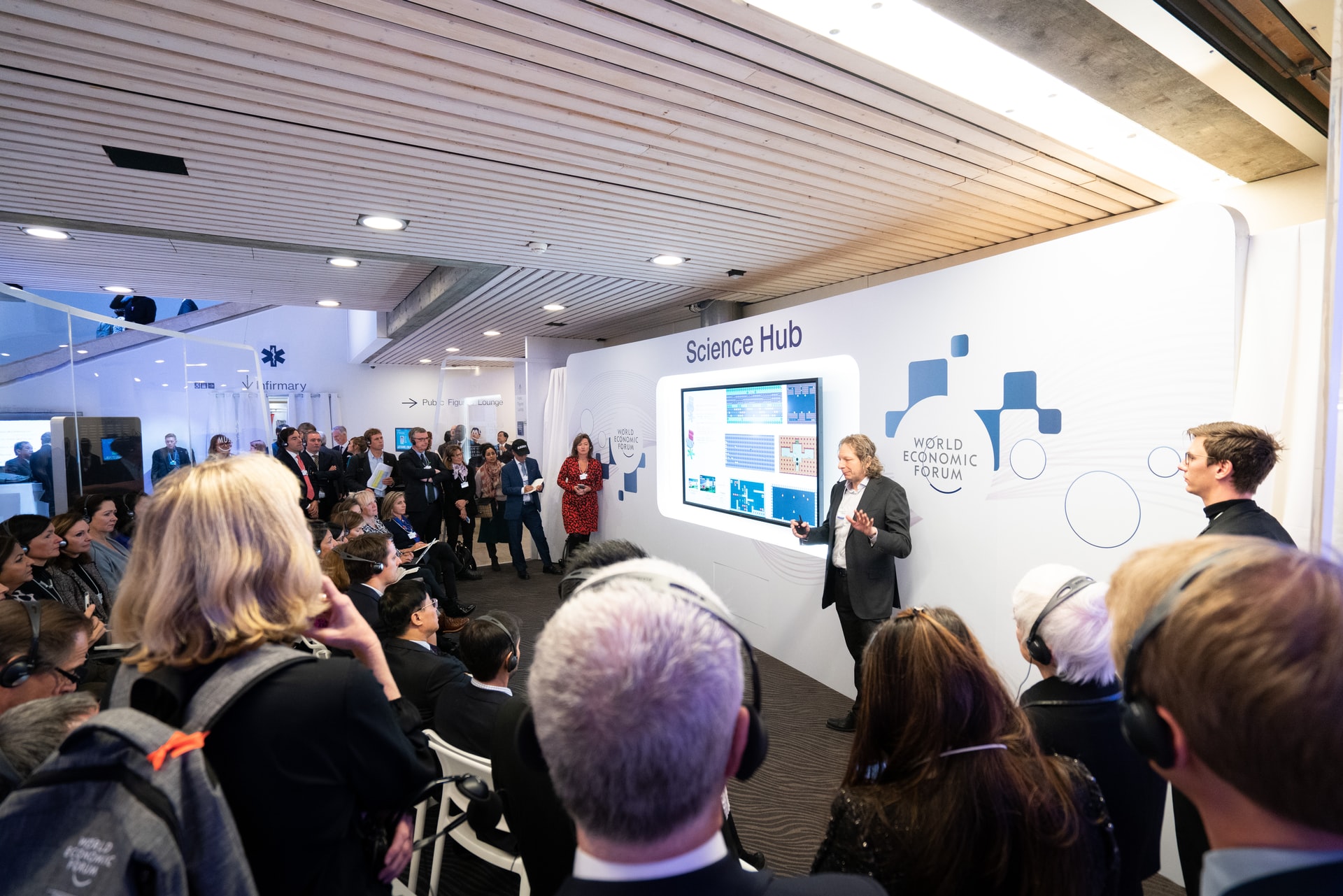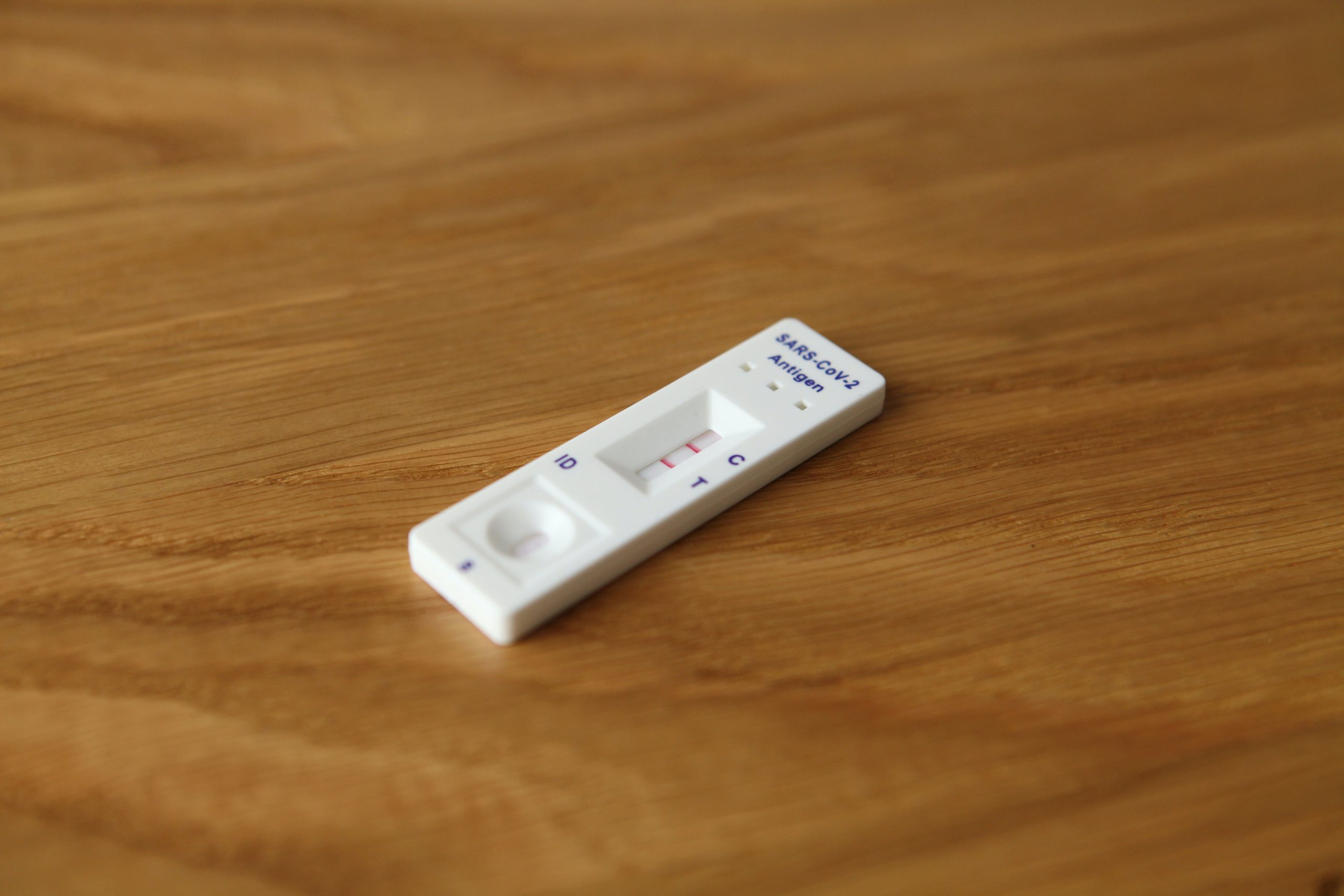Skift Take
The new Omicron subvariant BA.2 is on the radar of event planners as the number of worldwide cases ticks up. According to the Centers for Disease Control and Prevention (CDC), this new variant is even more contagious than the last strain of Omicron.
“BA:2, the most transmissible variant of SARS-CoV2 to date, is up to 80 percent more transmissible than BA,” said Amesh A. Adalja, MD, FIDSA, FACP, FACEP, Senior Scholar, Johns Hopkins Center for Health Security.
Although it may be a hard pill to swallow, it is essential to understand that COVID is here to stay, and there will always be a baseline risk of transmission at meetings and events. “A faster-spreading variant means that it’s very difficult to make an event Covid zero,” Adalja said.
Vaccinations, antiviral medications and the availability of monoclonal antibodies means Covid mitigation is possible and with the recent Omicron surge, estimated to have infected a staggering 45 percent of Americans this winter, increased immunity will help prevent another Covid wave from peaking.
For an added level of protection, some event planners are bringing their indoor events outside. “More risk-averse event organizers may shift things outdoors, but the point is that this is never going to end. There will always be some level of Covid risk with an event – even 50 years into the future – because the virus will not be eliminated or eradicated. The goal is to make it more manageable, and that’s what vaccination, antivirals, and monoclonal antibodies do,” Adalja said.
Predicting the Spread
John Cordier, CEO of Epistemix, a data modeling company, predicts an earlier summer Covid wave than the last two years. However, he is quick to point out that this does not mean events should not happen during this time.
“Depending on the city the event is in, protocols including wearing a mask and showing proof of vaccination should be in place,” Cordier said. “These measures prevent any given event from being a super spreader.”
This week, the city of Philadelphia became the first major U.S. city to reinstate an indoor mask mandate to begin April 18, after rescinding it on March 7. According to an April 11 Bloomberg story, the city’s health commissioner explained that this decision was made after the city saw a 50% increase in Covid cases over the past 10 days.
Since the early days of the pandemic, Epistemix has created computational simulations to demonstrate how the virus could spread given various scenarios. These forecasts have been invaluable for event planners in their efforts to help determine what epidemic mitigation measures should be in place for their gatherings.
Planning Ahead
“There will be waves that pick up across the country in October, November, December, and then again as we head into the summer months. Many cities will not experience as big an impact if their vaccination rates are high, and previous exposures and level of immunity is high,” Cordier added.
An added concern among event planners is pandemic fatigue, a mistake to succumb to, say experts, because these proven behaviors help prevent infection. So, while attendees and exhibitors alike are understandably tired of wearing masks, physical distancing, and frequent handwashing, these measures may be necessary in the future, given the ebb and flow of this disease.
Cordier does not foresee another forced shutdown. “There will be increased responsibility put on show organizers and venues. If there is an increase in cases, it is up to them to do the right thing.”
He advises planners to fully communicate to attendees, exhibitors and others involved about the risks and precautions that should be taken four months out, so there are no last-minute surprises. “If you are meeting in Florida during the rainy season, you should bring a rain jacket. Covid precautions should be similar to this rationale,” Cordier said.
Covid Is Not Over
During last week’s Global Meetings Industry Day programming, Joan Eisenstodt, a veteran hospitality, meetings, associations, and corporate trainer and facilitator, heard many speakers say, “Now that Covid is over,” a statement she found infuriating.
“These comments were made after the Gridiron dinner was held in Washington D.C. the previous week, and 72 people who attended have tested positive for Covid. Unfortunately, the meetings and events industry goes from crisis to crisis and doesn’t build on history, knowledge, or experiences.”
